The Environmental Working Group has a theory to explain why bisphenol-A, the controversial chemical that’s sometimes found in plastic bottles and can linings, shows up in the urine of over 90% of the population: it’s on paper receipts. The group found BPA on 40% of receipts collected from the sorts of businesses you visit every week, with the concentration topping 1000 times that of a can lining in some cases. [More]
paper
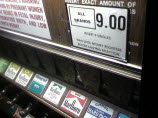
Newspapers Add Card Readers To Vending Machines In Vain Attempt To Sell More Ink
As newsstand prices continue to go up, and circulation numbers take the elevator in the opposite direction, newspaper publishers are looking for new ways to make it a little less daunting for customers to part with the money needed to buy their daily dead tree. One idea: credit card readers on vending machines. “Have you got eight quarters in your pocket right now?” asks Ian Jackson, VP for circulation at The Wall Street Journal, which sells for, yes, $2.00 at street level. [More]

TerraSkin, The Paper Made From Rocks
Terraskin is a paper that is made entirely from rocks and resin. Its production uses neither trees nor water. The rock mainly comes from construction waste material. The resin is mainly post-industrial recycled material. [More]

Save Money On Your Home Office
Sure, when you’re at the office you think nothing of printing out 50-page forwards or swiping entire cases of staples and pens, but if you work at home it’s time to get conservative. [More]
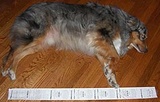
Why Store Receipts Keep Getting Longer and Longer
Ever run to the drug store for a tube of toothpaste and find that your meager purchase results in a receipt the length of War and Peace? Two-foot long receipts are increasingly common these days, as retailers embrace technologies allowing them to microtarget customers. The colossal waste of paper comes at a cost, not only in felled trees but on man hours spent on changing tape and fixing broken printers.
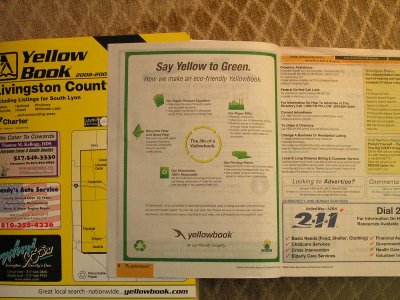
Yellow Book Saves The Earth By Distributing Thousands Of Phone Books With Smaller Print
I don’t use phone books, but I get three different ones delivered to my house every year anyway. Hardly anyone I communicate with even has a landline, let alone a white pages listing, but that doesn’t matter. They still deliver them. Straight into a snowbank.

Office Depot: Buy More, Pay More!
Stores usually offer discounts as an incentive to buy in bulk. Not the rebels at Office Depot! Penny-pinching thriftmongers can buy three boxes of paper at $32.99 each, but the true cash-wasters out there won’t miss the chance to buy four or more boxes at $42.99 each. Take that, office managers! (Thanks to Andrea!)
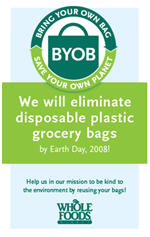
Whole Foods Will Eliminate Plastic Bags, Says "Bring Your Own"
Whole Foods says that by Earth Day 2008 they will be eliminating plastic bags and instead offer only paper bags or reusable bags made from recycled plastic bottles for $0.99.
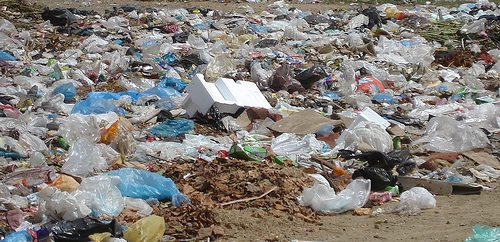
San Francisco Modifies The Age-Old Question: Paper Or Plastic?
San Francisco’s Board of Supervisors voted 10-1 to ban the use of non-biodegradable plastic bags; supermarkets across the city will retrain their employees to ask: paper or biodegradable plastic?
The Plastic Bag Reduction Ordinance, written by Supervisor Ross Mirkarimi and Co., sponsored by six other supervisors, gives major supermarket chains with more than $2 million in annual sales six months to make the switch to biodegradable bags. Pharmacies and retailers with at least five locations have one year. Violators face fines of up to $500.
Supermarkets have let economics guide their choice between paper and plastic. Paper bags cost four cents, while plastic bags cost a penny. The largest San Francisco supermarket hands out 125 million plastic bags each year.
Financial Records: Keep or Toss?
• Sales receipts for minor purchases, after you’ve satisfactorily used the item and if it has no warranty.
You mean we don’t need this Ruby Tuesday’s receipt from 1997? —MEGHANN MARCO
10 Steps To A Simple Financial Life
One day you woke up and you realized that you were an adult, and, as said adult, you would be mailed something called a “fund prospectus.” What? How did this happen to you? What should you do about it?



